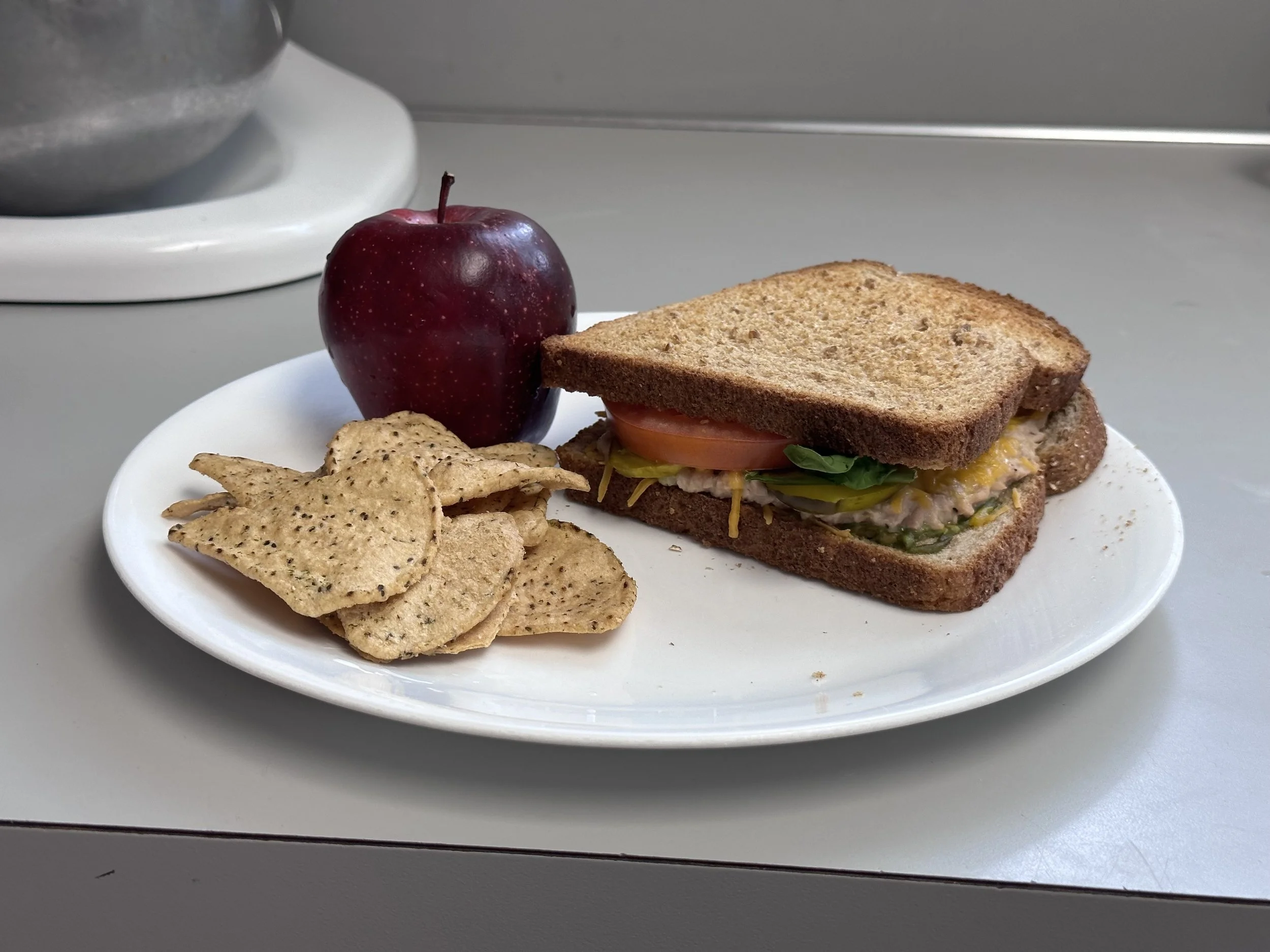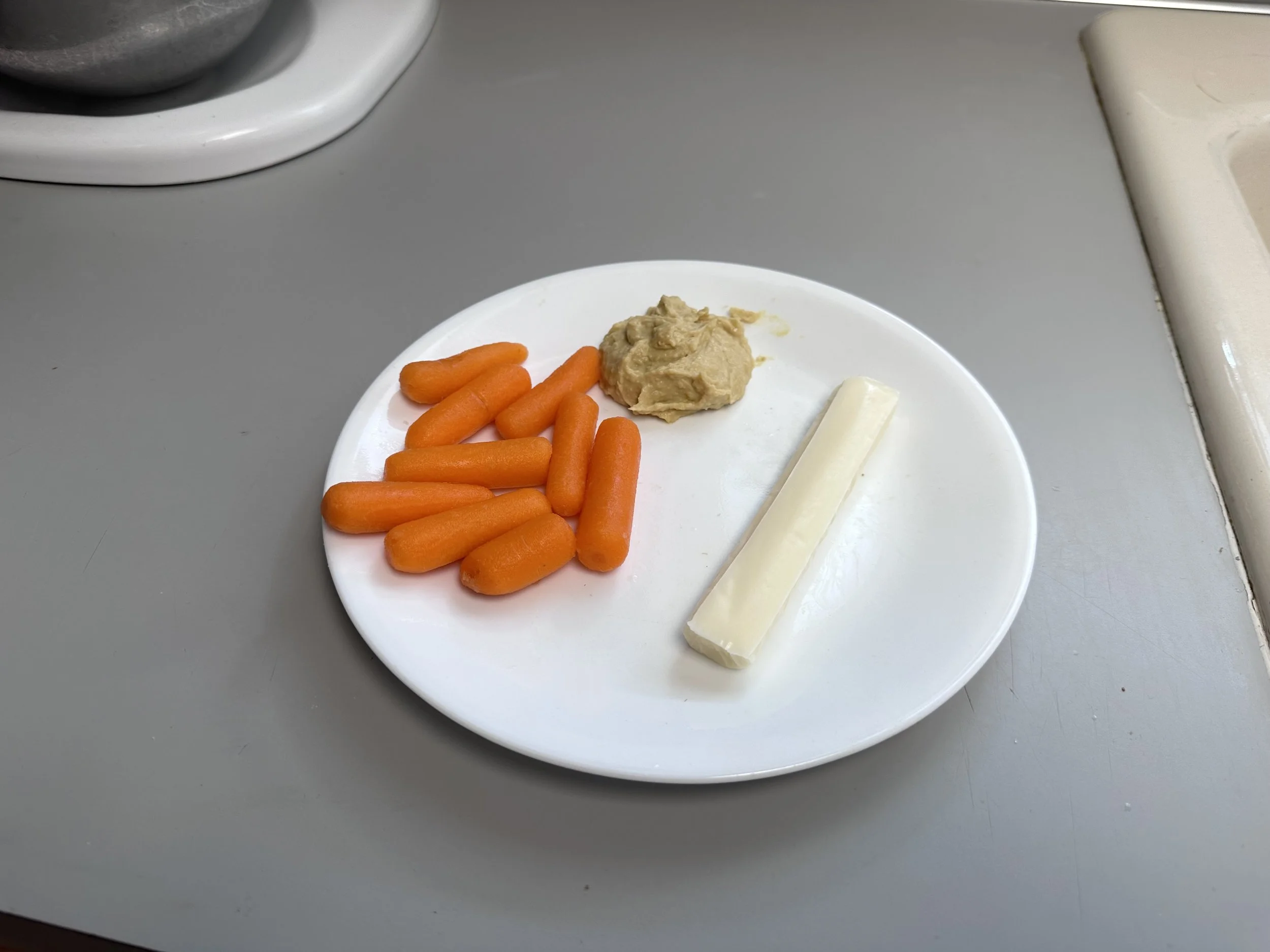Nutrition
Did you know that the brain accounts for around 20% of our total daily energy requirements?
What we eat and drink quite literally fuels our minds enabling our brains to function, grow, and repair.
When we choose nutritious foods, we provide our brains with the building blocks needed to function at our best. From vitamins and minerals to healthy fats and fiber, all nutrients play a role in brain health and function.
Following a healthy pattern of eating has been proven to:
•Decrease stress
•Increase concentration
•Improve sleep quality
•Improve mood fluctuations
Just as our healthy food choices positively affect our physical and mental wellbeing, the opposite is also true. Poor food choices can decrease our brain function making it harder to perform our day to day tasks.
-
The cost of eating healthy can vary depending on your dietary preferences, and your shopping habits. In general, some healthy foods can be more expensive than less healthy alternatives.
However, this is not always the case and it is very possible to eat a healthy diet on a budget. With some planning and smart shopping, you can eat a nutritious diet on a budget. -
Yes, improving your diet can have a positive impact on your sleep quality. The foods we eat can affect our sleep, both positively and negatively.
Certain nutrients found in healthy foods, such as magnesium, potassium, and tryptophan, can help promote relaxation and better sleep. On the other hand, foods that are high in sugar, caffeine, and alcohol can disrupt sleep and lead to insomnia. -
While there are several important components of nutrition for muscle building, consuming enough protein is generally considered the most important factor.
Protein is essential for muscle growth and repair, as it provides the building blocks (amino acids) necessary for the body to build new muscle tissue.
By ensuring you are consuming enough protein, calories, carbohydrates, healthy fats, and micronutrients, you can support your muscle-building goals and achieve the results you desire. -
One of the key differences between eating healthier and going on a diet is that eating healthier is typically a more sustainable approach. Diets often involve strict rules or restrictions that are difficult to maintain over the long term, while eating healthier involves making gradual changes to your eating habits that can be maintained for a lifetime.
-
Caffeine is not necessarily "bad" for you, but it can have negative effects if consumed in excess or if you are particularly sensitive to its effects.
Caffeine is a tool you can use to provide a temporary energy boost, increase alertness, and improve cognitive function. However, consuming too much caffeine can lead to jitteriness, anxiety, insomnia, and other negative side effects.
There are several other sources of energy that can help keep you going throughout the day without relying solely on caffeine such as, exercise, getting enough sleep, staying hydrated, and consuming nutrient-dense foods. -
While reducing calorie intake is an important component of weight loss, it's also important to note that simply reducing calories without paying attention to the quality of the foods you are consuming can lead to nutrient deficiencies and other health issues. To support optimal health and weight loss, it's important to focus on consuming whole, nutrient-dense foods that provide the vitamins, minerals, and macronutrients your body needs to function optimally.
Below are a collection of recipes designed specifically for a fire shift.
Balanced meals with plenty of calories, nutrients, and easy-to-prepare recipes.
RECIPES











